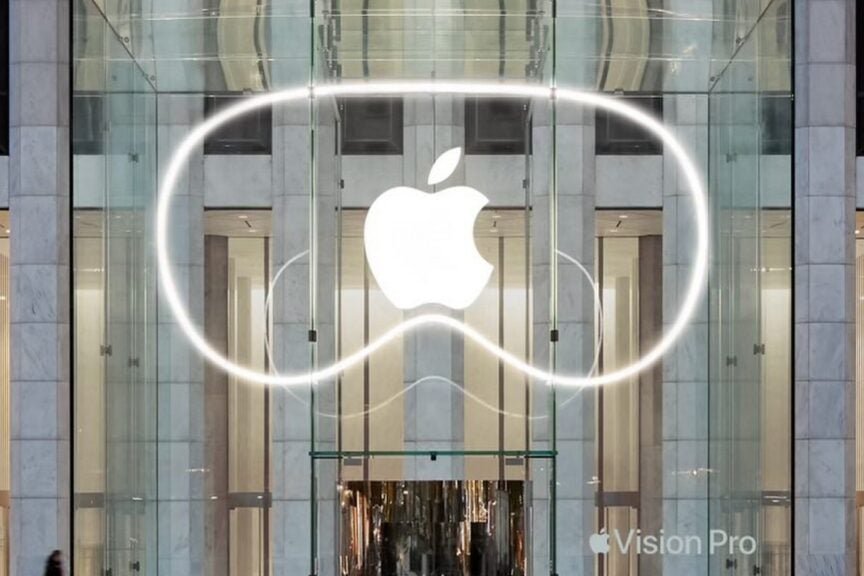The growth status of Chinese electric vehicle (EV) manufacturer BYD Co. is facing uncertainty as the company experienced a $12 billion selloff. Concerns regarding sales targets and competition in the smart car market have contributed to this decline.
BYD’s Hong Kong-listed shares dropped 12% in November due to worries about meeting sales expectations in a volatile market. The company’s ability to deliver intelligent, connected offerings in the face of competition from newcomers like Huawei Technologies Co. has also been questioned.
Fund manager Xiadong Bao from Edmond de Rothschild Asset Management expressed concerns about BYD’s growth trajectory. He highlighted Huawei’s entry into the EV sector as a potential threat that could accelerate the launch of new Chinese products, leaving BYD vulnerable due to its lagging technology.
Despite posting record sales in October, BYD’s market turned bearish quickly as the company resorted to higher discounts to drive sales. Other challenges, such as Warren Buffett’s Berkshire Hathaway Inc. selling down its stake in BYD and a probe by the European Union into Chinese EV subsidies, have further complicated the situation. As a result, short interest in BYD shares has surged to over 4% of the free float over the last three weeks.
Investors have been skeptical of BYD’s ambitious sales goals of three million units for this year and four million in 2024, despite the company remaining the leading auto brand in China, surpassing Volkswagen AG. The increasing competition and the rise of Huawei in the EV sector have raised concerns among investors.
To remain competitive, BYD recently decided to slash prices on several models in a year-end push. However, the temporary nature of these discounts may not be enough to instill long-term confidence among investors.
Furthermore, the growing gap in market capitalization between BYD and Tesla Inc., despite their comparable revenues, EV sales, and profits, has also raised questions among analysts.
In conclusion, the growth status of BYD Co. is facing uncertainty following a significant selloff. Concerns about meeting sales targets, competition from newcomers like Huawei, and challenges in the market have contributed to this decline. The company’s recent price cuts and leading position in the Chinese auto market may help mitigate some concerns, but long-term investor confidence remains uncertain.





